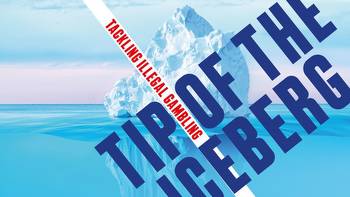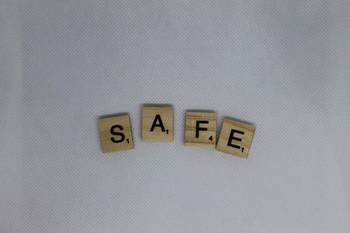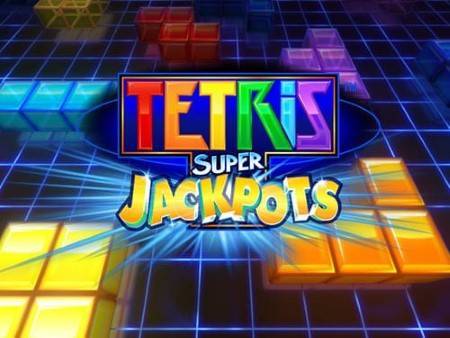Are US Online Casinos Safe to Play in?

While all online brands have to strive to retain the trust and goodwill of customers, this is particularly important for virtual casino platforms.
After all, growth in regulated markets has increased the number of unscrupulous and rogue operators across the globe, including the US where six states have legalized online casino gameplay and more than 30 now allow remote sports betting.
But are online casinos in the US largely safe to play? A report highlighting the safest online casino testresults suggests that they are, but I’ll explore this idea in a little more detail below!
Recognizing the Reality of Online Gambling in the US
Before we take a look at what constitutes a safe online casino, it’s important to acknowledge that rogue and unlicensed operators exist in the US.
In fact, the number of such casinos continues to increase in line with wider market expansion, as the six states that have legalized iGaming report record-breaking numbers on a monthly and annual basis.
This is because such open and thriving markets offer the opportunity for rogue operators to make a quick buck, while the relatively immature nature of the US marketplace and its lack of stringent regulatory measures also makes it an easy target for unlicensed brands.
In the US, it’s also important to note that there remains some confusion about the legality of cross-border gambling at online casinos. While this was initially outlawed by the 1961 Wire Act, recent re-interpretations of the legislation have suggested that this only applies to sports betting.
However, this remains the subject of ongoing confusion and legal challenges, potentially creating loopholes that could be exploited by rogue operators across both iGaming and remote betting verticals.
So, there’s no doubt that rogue operators exist and are becoming increasingly prevalent in the North American iGaming space, so it’s crucial that you seek out the very best ways of protecting yourself and your data when wagering online.
How to Identify Safe US Casinos Online
The good news is that there remain several telltale ways of identifying potentially rogue casinos in the US marketplace. I’ve outlined a few of the key criteria below!
#1. Assessing a Casino’s Security Technology
Licensed and reputable online casinos are classed as financial websites due to the fact that they accept transactions through a broad selection of banking methods.
As a result, they’re compelled to implement the latest 128-bit SSL encryption on their websites, with this considered to be the minimum industry standard that provides robust protection when you share your data and personal financial information online.
To ensure that a site has basic SSL encryption, check to see if the ‘padlock’ icon is featured in the address bar of your browser and next to the relevant URL. You can then click through the padlock icon to reveal that the connection is secure and encrypted, while also reviewing all relevant cookies and site data and settings.
Given that cybercrime is now thought to cost approximately $6 trillion in total, it’s fair to say that all reputable casinos would want to encrypt their sites. However, the same cannot be said for rogue operators, so this is a key differentiator in the US marketplace.
#2. Is the Site Licensed?
If you wager in a US jurisdiction that has legalized iGaming or remote betting, every reputable site should have earned a license from the relevant agency or governing body.
In New Jersey, for example, all iGaming licenses and regulatory measures are measured by the state’s Division of Gaming Enforcement. This entity has built the regulatory framework in which all operators must work, while setting key licensing criteria and ensuring that any breaches are met with appropriate sanctions.
Make no mistake; licensed casinos are known to be safe, fair and well-regulated, while you can rest assured that they adhere to the necessary security protocols, data privacy laws and responsible gambling practices.
Online casinos should display their full licensing credentials on the homepage of their sites, while they may even feature their unique license number and hyperlink this so that you can learn more about their agreement.
#3. Fair Play and Transparency
Last, but not least, we come to fairness and transparency, which is key when gambling online and central to the value proposition of each iGaming platform.
In licensed and regulated markets, casinos are required to publish their average return-to-player (RTP) rates across different games and verticals. This stipulates roughly how much a player can expect to recoup for every $1 wagered in percentage terms, while it must be accurate and enable players to make informed selections.
In addition to this, licensed casinos will also be required to have their software, games’ libraries and published RTP rates regularly tested for accuracy. Games will also be inspected to ensure that they’re fair and governed by random number generator software, usually by independent testing agencies such as eCOGRA.
This is key and creates a clear sense of transparency, which is usually absent from rogue or unlicensed operators!


































